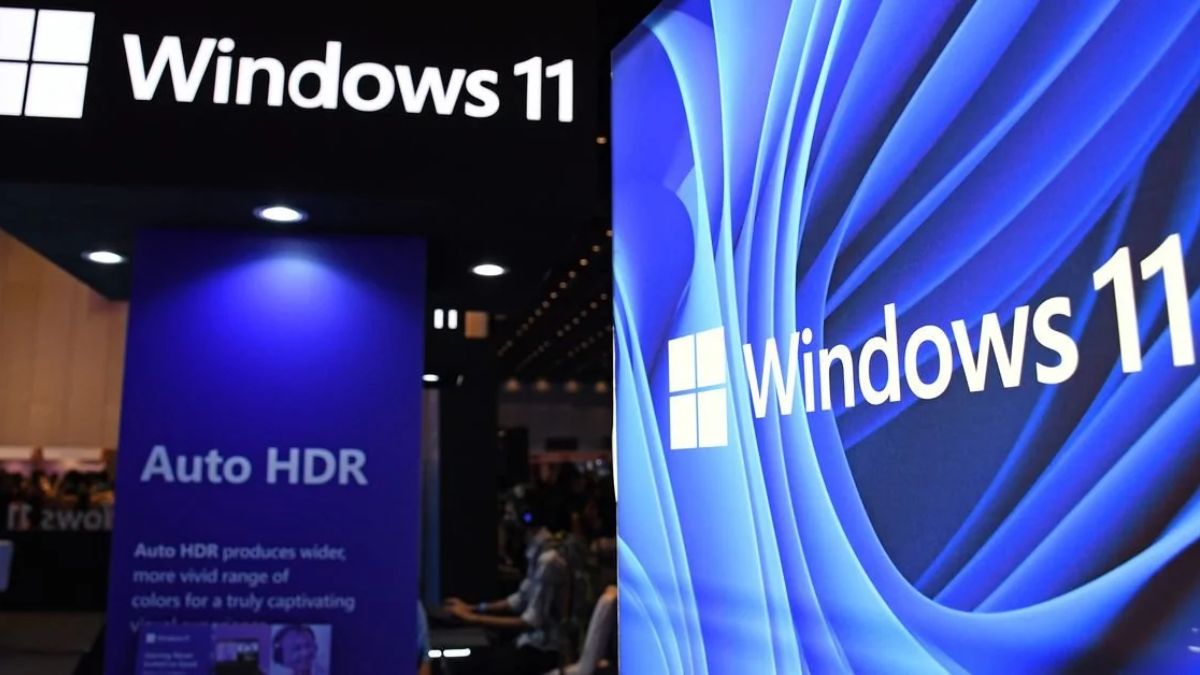Microsoft's AI Upscaling Feature for Windows 11: Enhancing Gaming Experience
February 13, 2024 By Raulf Hernes

(Image Credit Google)
Microsoft appears to be gearing up to introduce its own AI upscaling feature, similar to Nvidia's DLSS (Deep Learning Super Sampling), for PC games on Windows 11. This exciting discovery was made by PhantomOcean3, an enthusiastic user who stumbled upon this feature in the latest test versions of Windows 11.
DLSS technology from Nvidia has gained significant popularity for its ability to upscale games using AI, resulting in enhanced frame rates and image quality. AMD and Intel have also developed their own versions, namely FSR and XeSS, respectively, which have garnered attention in recent PC game releases.
Microsoft describes this automatic super-resolution as a means to employ AI in order to enhance gameplay by providing smoother performance and improved graphical details.
Also Read: Apple Maps brings Allegiant Stadium’s Super Bowl LVIII, Halftime Show Layout to the App
At present, Microsoft has not officially announced this new super-resolution feature, leaving some uncertainty about its precise workings and any potential hardware requirements. Nvidia's DLSS relies on the tensor cores found in their RTX series of graphics cards, while AMD's FSR and Intel's XeSS can run on competing GPUs as well.
Furthermore, Microsoft is also working on an improved colour management feature for Windows 11. This development is especially significant for the latest OLED monitors that utilize HDR technology. Historically, Windows has lacked a robust OS-level colour management system, forcing PC gamers to resort to adding custom colour profiles in a dialogue box that resembles a relic from Windows 95.
With the approaching changes, a variety of boards will be incorporated into the primary presentation display area of Windows 11. As a result, PC users will be able to set sRGB and DCI-P3 colour profiles more easily. Moreover, Microsoft is presenting an auto colour management feature that will naturally control these different colour variety profiles, ensuring precise tones for apps and other content shown on the screen.
While the details about the gamma curve adjustment remain unclear, this move by Microsoft suggests a greater investment in HDR support on Windows. Enabling HDR system-wide has sometimes resulted in a washed-out desktop experience, and it is hoped that these developments in colour management will alleviate such issues.
Microsoft's work on fostering its own DLSS-like upscale for Windows 11 is an interesting improvement for PC gamers. With the potential for upgraded illustrations, smoother ongoing interaction, and further developed variety the board will without a doubt add to a more vivid and pleasant gaming experience. As Microsoft proceeds to refine and divulge more insights regarding these elements, the gaming community and fans anxiously expect the company to take authority and release it as soon as possible.







